Tim Hortons Compensation and Benefits: A Strategic Report
VerifiedAdded on 2021/04/16
|5
|705
|172
Report
AI Summary
This report analyzes the compensation and benefits strategies employed by Tim Hortons to attract and retain employees. It explores three key indirect benefits: bonuses and raises, retirement benefits, and group health benefits. The report details how these components, including performance-based raises, bonus structures tied to company success, and retirement plans, contribute to employee satisfaction and loyalty. It also examines the impact of these benefits on employee productivity and retention, highlighting the importance of comprehensive compensation packages in maintaining a qualified workforce. The analysis emphasizes the role of health benefits, such as health insurance and disability coverage, in providing employees with peace of mind and security. The report concludes by underscoring the significance of competitive compensation and benefits in fostering a positive work environment and reducing employee turnover. The report cites various resources, including HrCouncil.ca and others, to support its findings.
1 out of 5
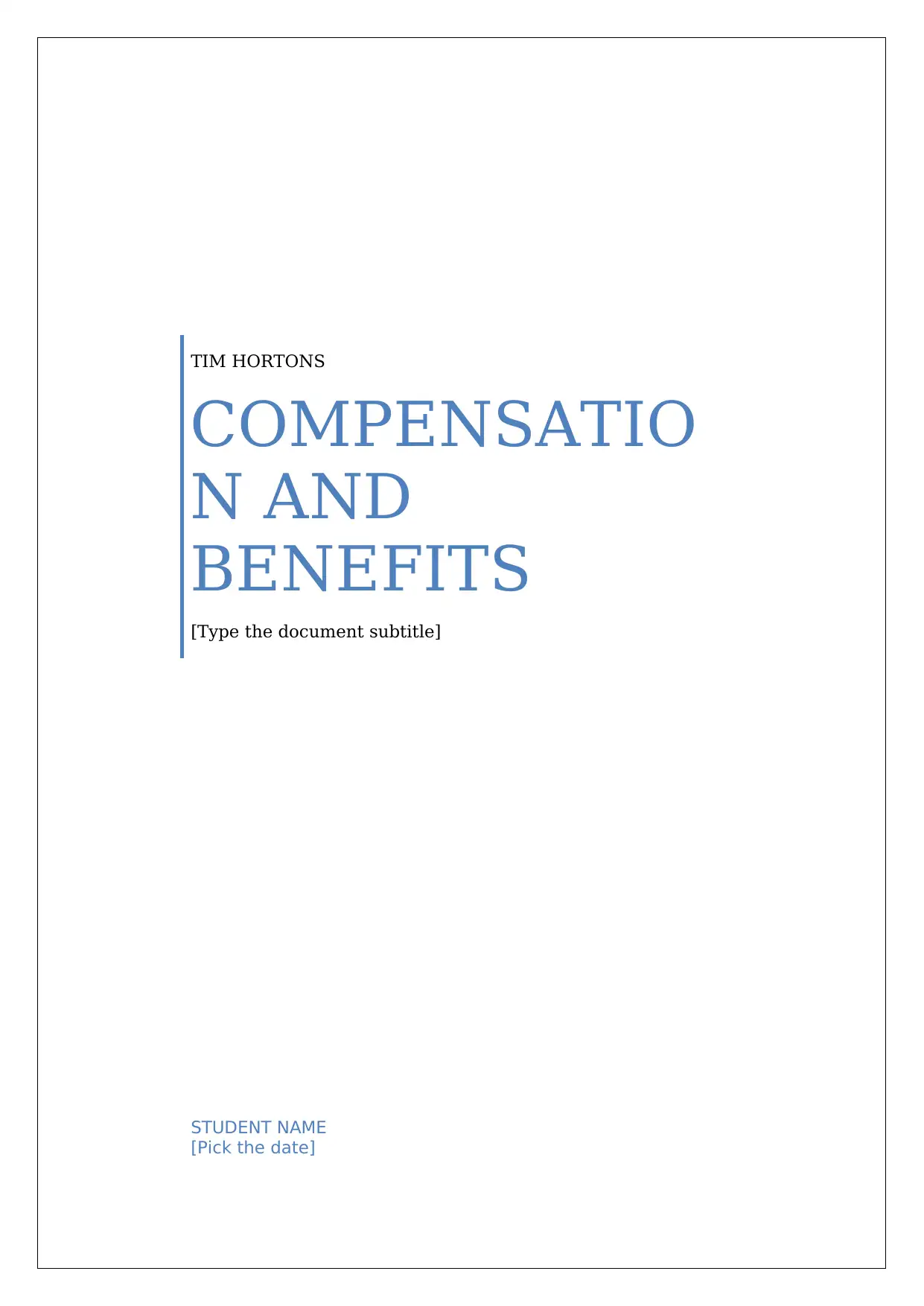
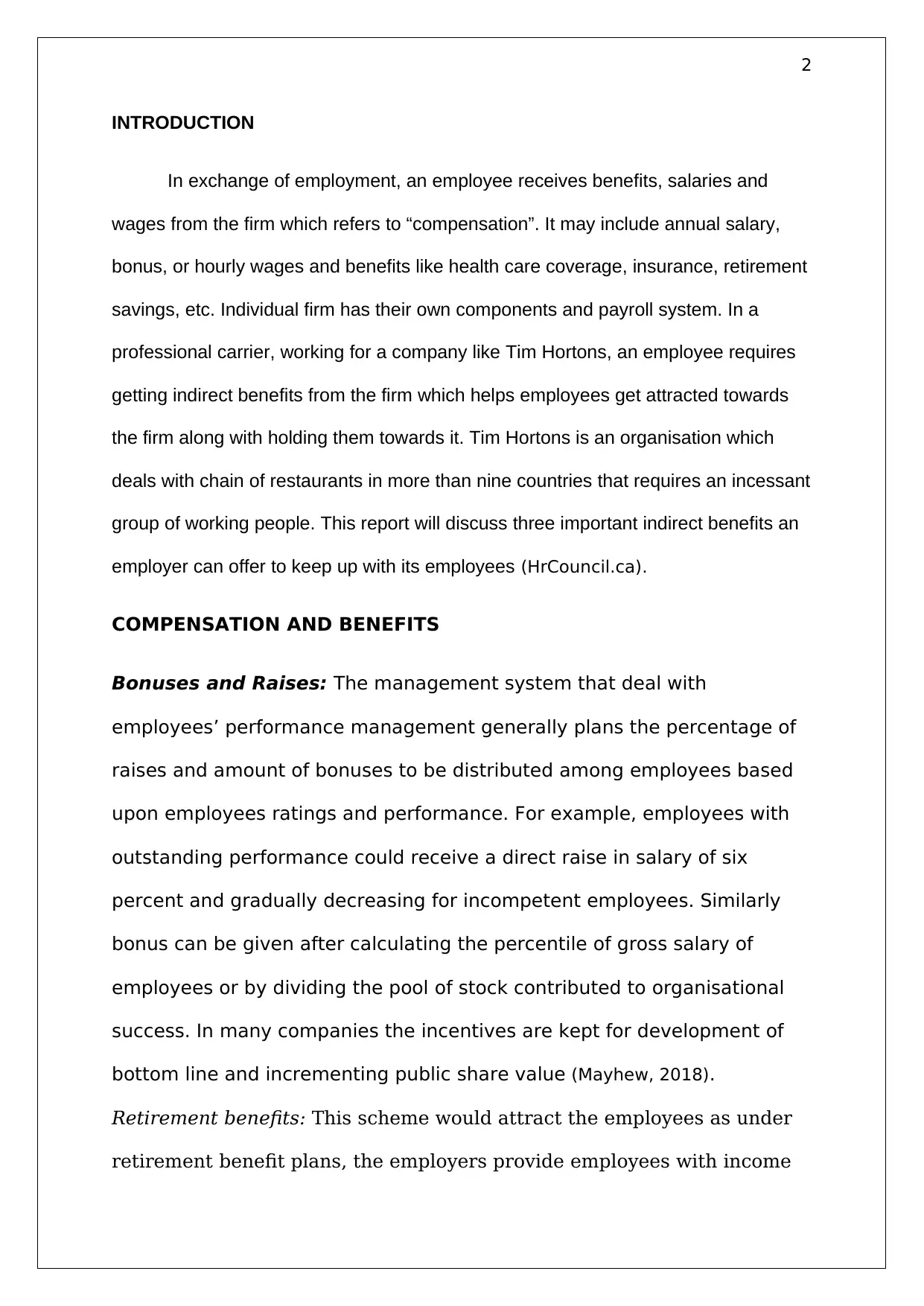
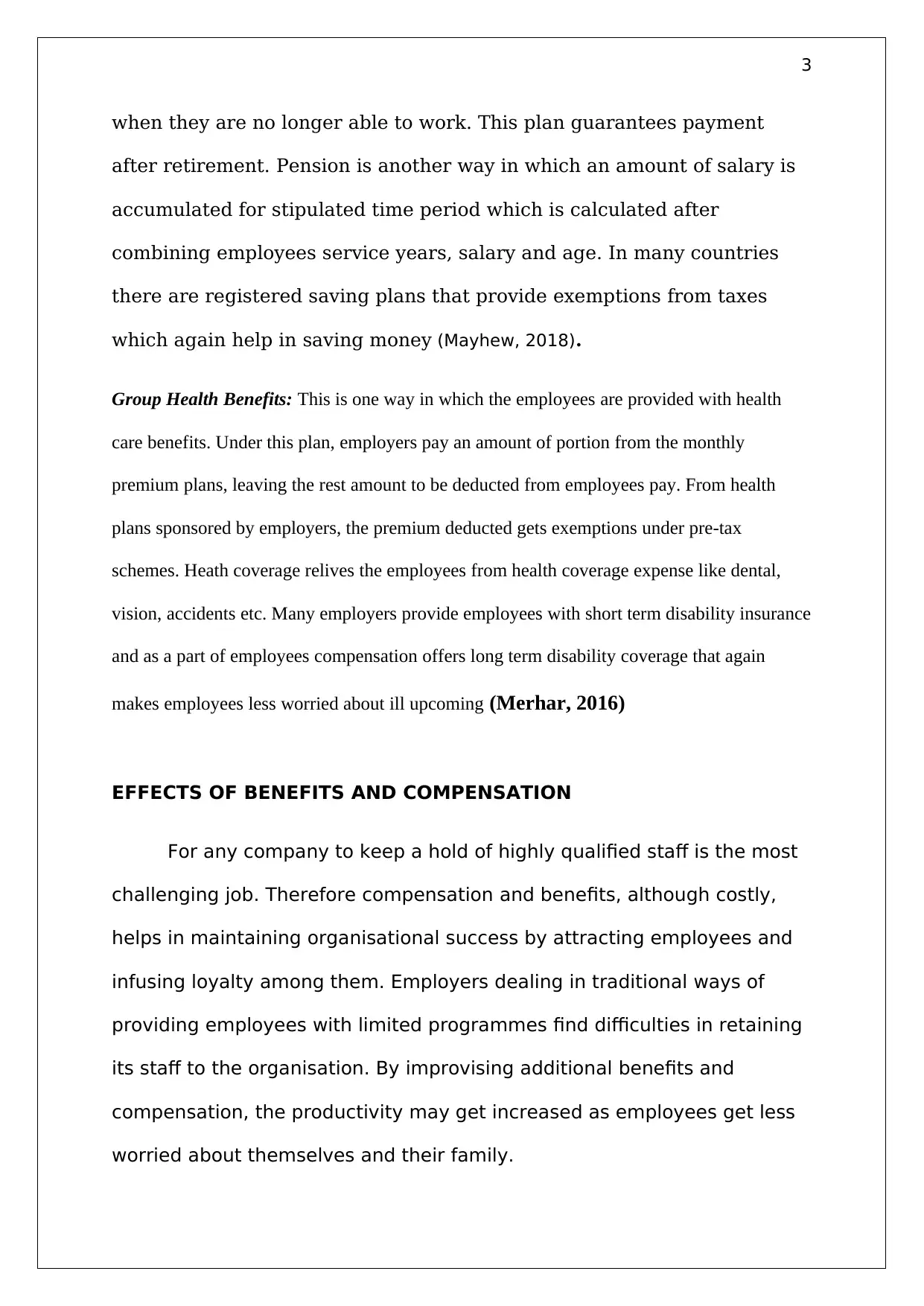

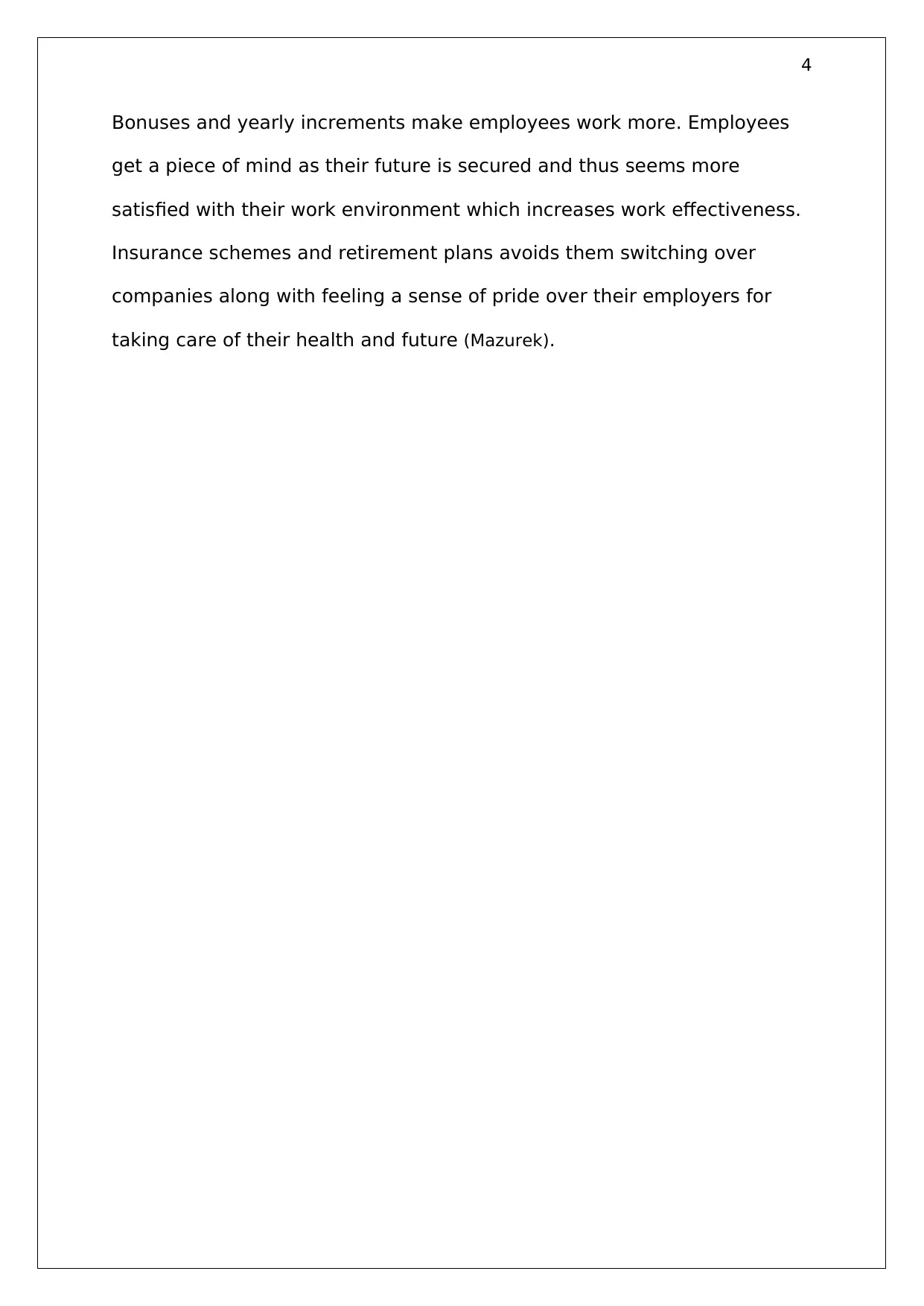
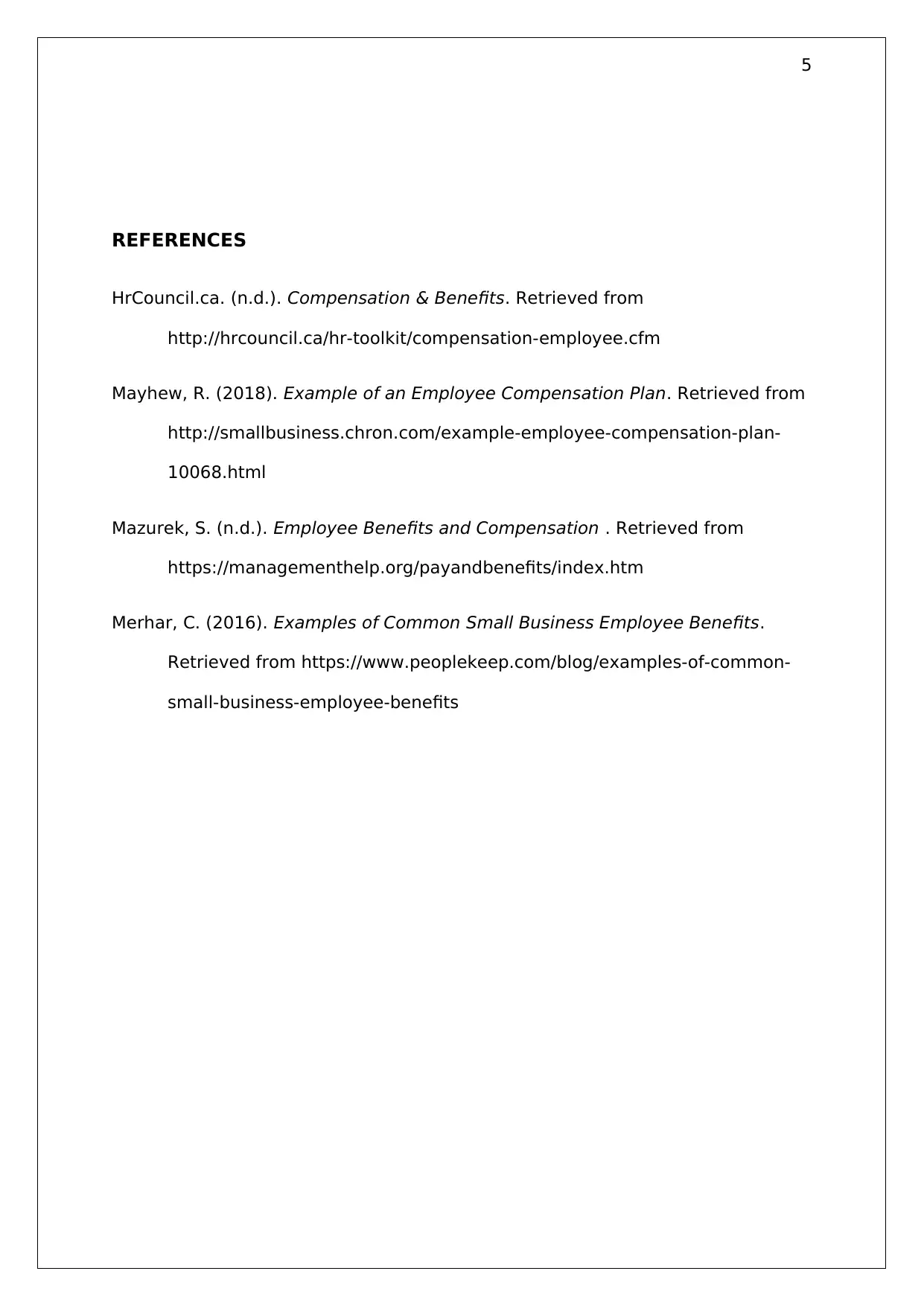

![[object Object]](/_next/static/media/star-bottom.7253800d.svg)